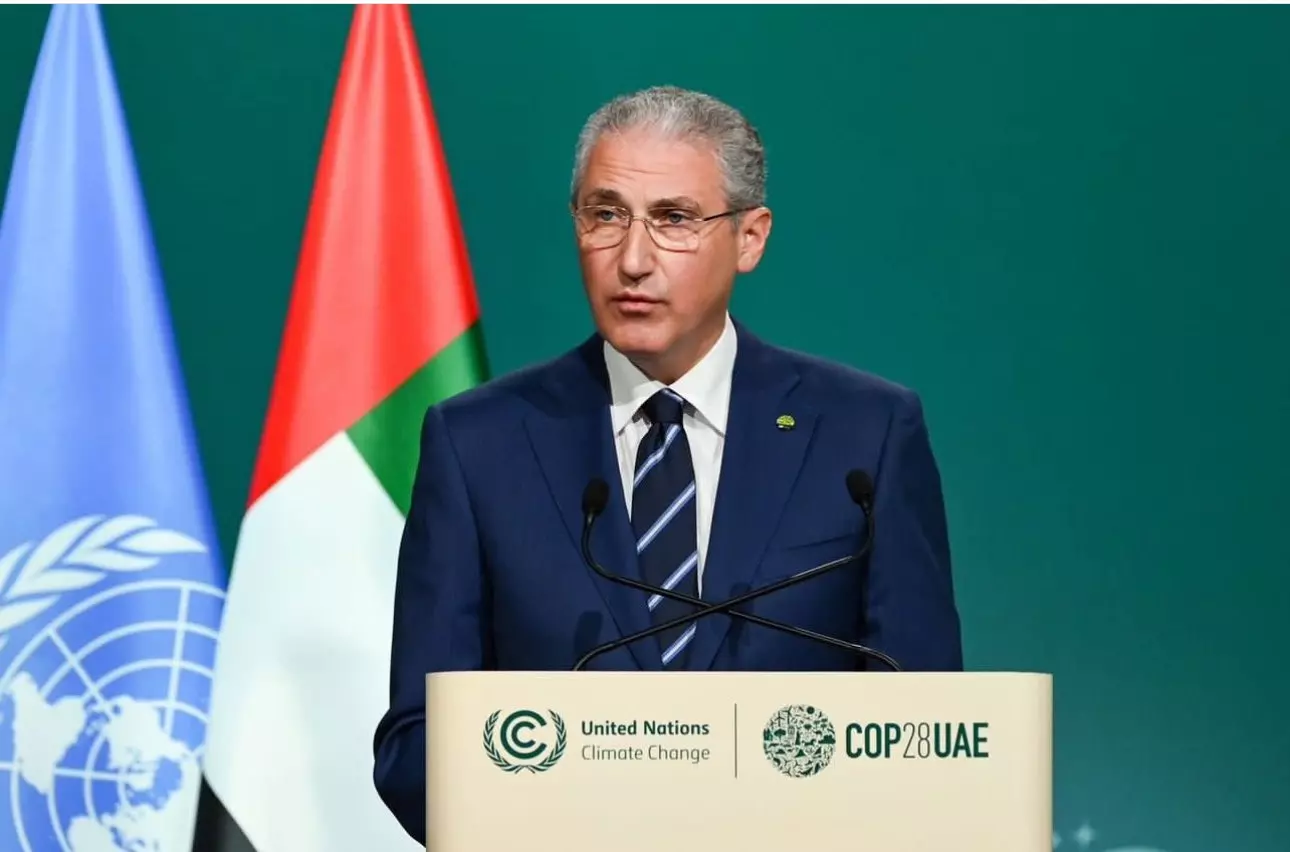Finance underpins everything, says COP29 President Designate
Finance is at the heart of climate diplomacy this year. The negotiations on a New Collective Quantified Goal on climate finance are an opportunity to set a new path, unlock funds and rebuild trust between the parties, Muktar Babayev said
image for illustrative purpose

New Delhi: Negotiations on the new climate finance goal at the next UN climate conference in Azerbaijan will be an opportunity to unlock funds and rebuild trust between the parties, COP29 president designate Muktar Babayev said on Thursday. Addressing the opening segment of the two-day Copenhagen Climate Ministerial, he said COP29 comes at a deeply complex moment when the world has seen the first one-year period of global average temperature 1.5 degrees Celsius above the pre-industrial reference period (1850-1990). "Despite all the progress at COP28, we're still not on a pathway to 1.5 (degrees Celsius). Vulnerable communities are facing one crisis after another due to the rising temperatures. These communities must be front and centre of our mind when we meet in Baku," he said.
"Finance underpins everything and is a critical enabler of climate action," Babayev said. He said many are losing trust in the UNFCCC process due to the "growing gap in their needs and what's available" and urged all to work tirelessly to mobilise resources. "Finance is at the heart of climate diplomacy this year. The negotiations on a New Collective Quantified Goal on climate finance are an opportunity to set a new path, unlock funds and rebuild trust between the parties," Babayev said.
Other sources of finance, such as taxation and fossil fuel subsidy reform, are on the table to bridge the gap. In 2022, public financial support for fossil fuels hit a record high of $1.7 trillion globally, according to research by the global think tank International Institute for Sustainable Development (IISD). All parties will be empowered to raise their ambitions if a clear and strong signal is sent, that more public and private finance will be allocated to climate targets, Babayev said. "Countries need to find ambitious, achievable and fair solutions that scale up accessible finance, lower the cost of capital, develop new green financial instruments, deepen green capital markets, and simplify access to climate funds," he said.
This is needed to ensure that the developing world is not forced to choose the carbon-intensive development pathways that the developed world took, Babayev said, requesting parties to put in place the finance to enable a just and orderly transition. In parallel with mitigation, countries need urgent progress to adapt to the escalating impacts of climate change, but implementation depends on finance, he said. The Azerbaijani minister of ecology said all countries need to ensure they have national adaptation plans and policies by 2025. The Copenhagen ministerial meeting is the first major climate gathering since COP28 in Dubai in December and an opportunity for climate leaders to set expectations and priorities for COP29 in Azerbaijan in November.
The discussions will have a strong focus on the next climate finance goal -- the biggest issue on the COP29 agenda -- and the next generation of national climate plans (NDCs) that all countries are required to update by early 2025. Developing countries, including India, are calling for $1 trillion a year to support their climate plans, which is tough as rich countries have yet to deliver on their commitment to provide $100 billion to developing countries to deal with climate impacts.
According to the latest assessments, developed countries mobilised and delivered $89.6 billion in 2021. The failure to meet the $100 billion goal fully has eroded trust and been a continual source of contention during negotiations. The G20, which accounts for 80 per cent of global emissions, agreed last year that an additional $4 trillion will be needed every year until 2030 for developing countries to reach net zero emissions (a balance between greenhouse gases emitted and removed from the atmosphere) by 2050. "The finance battle looms large ahead of COP29," said Farooq Ullah, senior policy advisor at IISD. "To meet this challenge, governments must now look at all forms of resource mobilisation, including the domestic reform of public finances and leveraging private finance, as well as redirecting all harmful finance in line with the Paris Agreement," he said.

